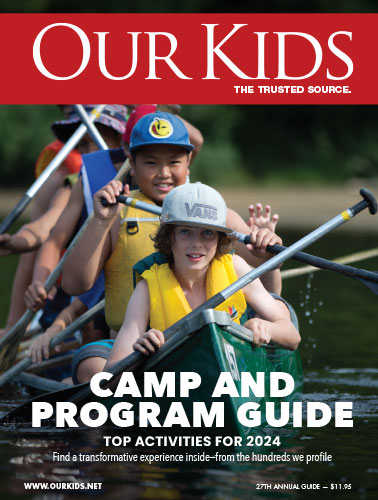Each of our camps are high-energy, hands-on learning, and include a broad exposure to a variety of topics in science, engineering, technology and math (STEM).
York University's Spark Lab Programs are week-long sessions designed for students in grades 9 to 12 who want more hands-on science. Using experiment-based learning, students explore physics, biology, chemistry and coding through lab work. Escape the traditional classroom and learn science by doing science. Programs run from 9:30am to 3:30pm daily, for four- or five-days depending on the week. Each session will allow participants to be involved in hands-on experiments, participate in mentor visits, and experience working in a university environment.
Research Spark courses are developed and delivered by graduate students and/or Professors and are based on the research they are doing at York.
Genetics plays a crucial role in the biological functions of all animals. In fact, scientists use fruit flies to learn more about how our bodies function, including excretion, and how our hormones control different processes. Even though fruit flies are tiny, they actually share about 60% of their genes with humans and have 14,000 genes in total! This makes them an excellent model for learning about physiological systems like the excretory and endocrine systems. In this course, you will dive into the fascinating world of genetics and see how small changes in genes can affect an organism's health and behaviour. You will get to work with specialized tools that scientists use to explore genes, like the GAL4/UAS system, which allows them to turn genes on and off in fruit flies. This method allows researchers to test different gene functions and observe the effects of genetic modifications. Plus, you will gain hands-on experience by dissecting fruit flies and conducting experiments to see how their genes affect things like hormonal regulation and survival in different situations. We will also explore how genetics plays a role across all living organisms and how it contributes to their optimal functioning.
About the Instructor: Marishia Agard is currently pursuing a PhD in biology at York University. Her research focuses on how the neuroendocrine system regulates the excretory system, utilizing the model organism Drosophila melanogaster (fruit fly) genetics to gain insights into the function of hormones in animals. Marishia has previously developed and taught summer courses at the Spark Labs of the Science Engagement Programs, including "Introduction to Genetics" and "Genetic Analysis: Bridging the Gap in Biological Understanding," which covered molecular, cellular, genetic, and physiological techniques. She also has extensive experience in teaching laboratory techniques and conducting STEM activities, having served as both a camp instructor and camp counsellor for the Science Engagement Programs. Currently, Marishia is the teaching assistant coordinator for undergraduate biology courses in animal physiology at York University. Her ultimate goal is to continue researching the role of genetics in the context of animal physiology while also teaching students.
___________
Science Engagement Programs offer innovative and engaging programs designed to inspire youth and discover exciting topics in science, technology, engineering, and mathematics (STEM).
Our programs use a discovery and inquiry-based learning approach with a focus on ‘learning by doing’. Our outreach model provides students with a chance to work in small groups on a variety of projects. This model helps foster problem solving, critical thinking, and an overall passion for STEM.
Testimonials about our in-person programs:
- Very engaging topics. Marishia was a kind, helpful, and insightful instructor. Learned a lot about future careers related to science and what courses and degrees I should pursue in order to get them. - Student, Genetics in Biological Systems 2024
______________________ - Without exaggeration, this was a life changing week for our daughter. She arrived with a curious spark about science and left with a brightly burning passion. Her instructors Vanessa and Joey inspired her like no other educators. She would leave camp totally energized. Some nights she spent 2 hours recreating her day and sharing what she had learned. Then she would spend another couple of hours researching sigma and pi bonds, chemical reactions and brainstorming ideas for next year's science fair.
This was the summer camp she had been wanting her whole life to be part of. It wouldn't surprise me if years from now she will look back on this week and the impact it had on her.
______________________ - This program is a chance for my child to do and learn more. The school system limits children; it doesn’t allow them to fly. We all look for programs that give our young ones wings.
______________________ - A mix of hands-on experience and lectures, this unique introduction to the medical field beats all our expectations! It is one-of-a-kind, this seems to be the only camp that really talks about medicine and sciences which is fantastic!
Coming home from camp, my children go on and on about what they've learned and they talk about how they can discuss science with counselors who are studying science in university. My children will continue to delve into their science interests every summer with York University's camps.
______________________ - My son told me that it was easy to make friends at this camp and that he learned something new that he never did before everyday. The teachers and volunteers have a lot to do with the success of this camp. I found them so enthusiastic and keen as well as knowledgeable, approachable and caring with the kids. Thank you.









